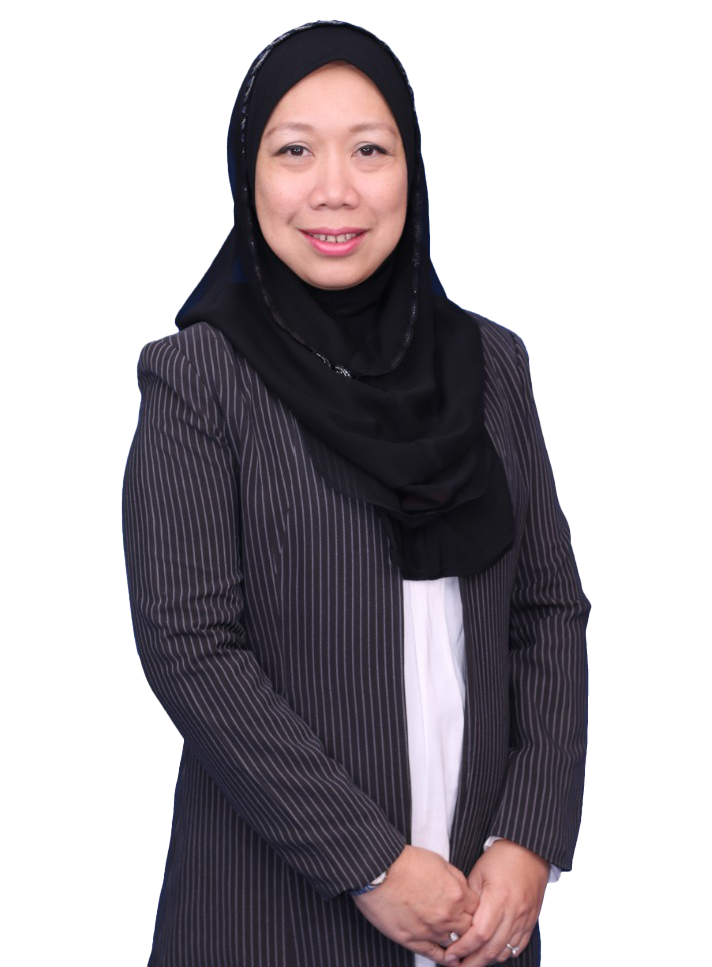PROFESSOR DR FAIZAH ABD MAJID
 |
Dr. Faizah Abd Majid is a distinguished Professor at the Faculty of Education, Universiti Teknologi MARA. Her research interests include Teacher Education, Higher Education and Adult Education. She received a Ph.D. in Adult Education & Professional Development from Universiti Kebangsaan Malaysia (UKM) in 2004, an MA in TEFL (Teaching English as a Foreign Language) from the University of Reading, UK (1999), and a BEd in TESL (Hons.) from UKM (1993). In addition to her academic roles, she serves as a Senior Assessor at the Malaysian Quality Agency (MQA), contributes as a Research Grant Assessor (FRGS, KTP) for the Ministry of Education, and holds the position of Secretary for the Education & Human Development Cluster at Akademi Profesor Malaysia (APM). Recognised as a Distinguished Scientist in Adult Education by Venus International Foundation, Chennai, India, on August 3, 2019, Dr. Faizah's extensive contributions and expertise underscore her commitment to advancing education and professional development. |
TITLE:
English Lessons as a Platform for SDGs Acceleration: Exploring the Learning Design Opportunities for 'Universal Literacy'
ABSTRACT:
The Sustainable Development Goals (SDGs) introduced by United Nations in 2015 is now coming towards its final cycle as 2030 is near approaching. A total of 17 SDGs have been identified and one in particular focuses on Education. As the agents of transformation, educators’ role has never been more pertinent in ensuring no child is left behind as aspired in SDG 4: Quality Education. Therefore, an awareness of how their English lessons could be designed to promote SDGs is essential in empowering English instructors as SDGs’ enabler. For the purpose of this paper, SDG 4.6: ‘Universal literacy’ a sub-theme under SDG 4: Quality Education will be the main focus. The paper begins by exploring the term ‘Universal Literacy’. Several examples of English language learning outcomes will be identified to establish the connection between English language as a subject in school and ‘Universal Literacy’ as one of the SDGs. Following this, the opportunities of English lessons as a platform to accelerate ‘Universal Literacy’ will be addressed by elaborating on the English language learning design that promotes ‘Universal Literacy’. The proposed learning design is the key ‘take-aways’ from the paper presentation. Although the main examples are taken from the Malaysian English syllabus, the generic nature of the English learning outcomes promises the generalizability of the key take-aways for any English instructors across the globe.
Keywords: Universal Literacy, English lessons, learning design
